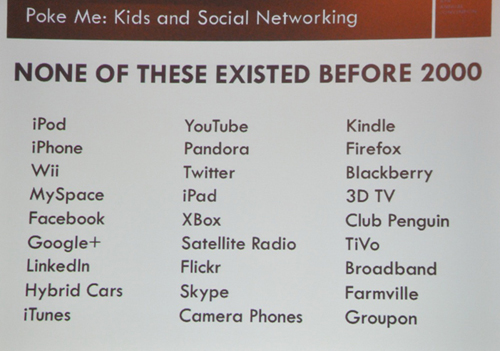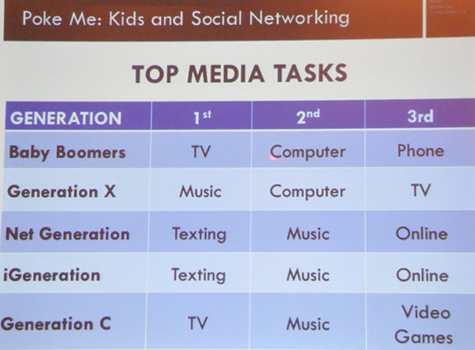American Psychological Association
119th Annual Convention
Washington D.C., August 4-7 2011
Poke Me: How Social Networks Can Both Help and Harm Our Kids

Invited Address #3378: Larry D. Rosen, Ph.D.

